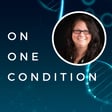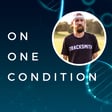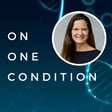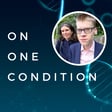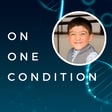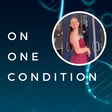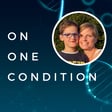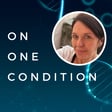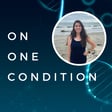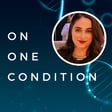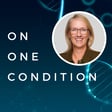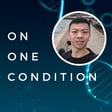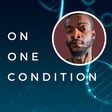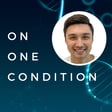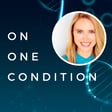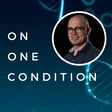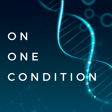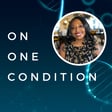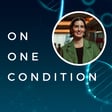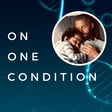
Episode 63: Sarita Edwards - Trisomy 18
In this moving episode, I speak with Sarita Edwards, a mother, advocate, and founder of the E.WE Foundation, about her family's journey after her son Elijah was diagnosed with Trisomy 18 (Edwards syndrome). Sarita shares the emotional rollercoaster of receiving Elijah’s diagnosis at 22 weeks pregnant, the constant message of hopelessness delivered by healthcare professionals, and the overwhelming fear of loss that followed. Sarita explains how she fought this fear with hope and love, sharing a strong message of resilience.
Elijah, now eight years old, defies all medical expectations. Sarita’s deep reflections explore how grief, uncertainty, and stigma transformed into purpose, acceptance, and connection. Through their journey, she and her family built a foundation to support other families navigating rare diagnoses, aiming to provide practical answers to questions that many face in times of uncertainty.
This episode is a powerful reminder of how lived experience changes lives, and how hardship can lead to a sense of purpose, and be turned into positive actions.
The song that Sarita chose is Even If by MercyMe.
